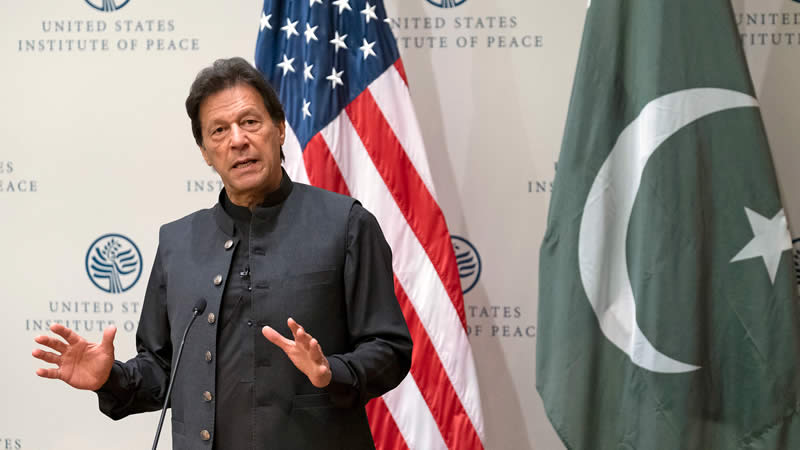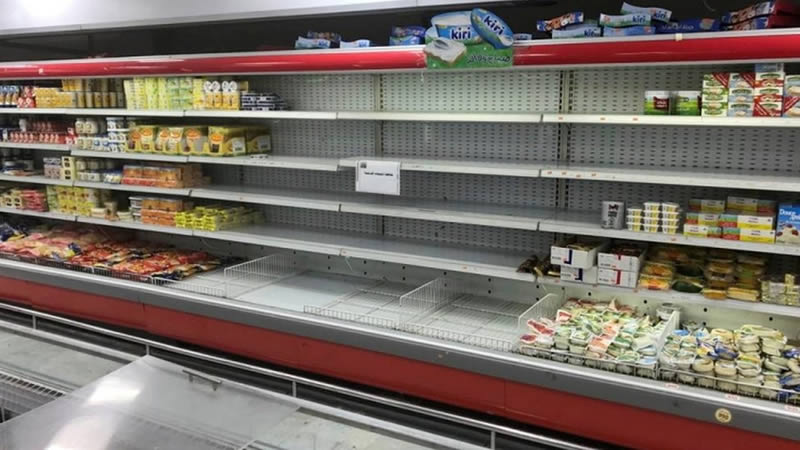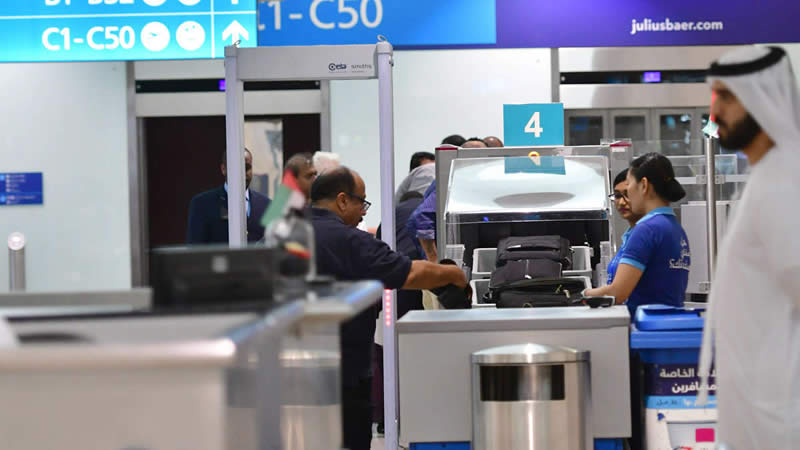 Emerging markets fund guru, Mark Mobius, executive chairman, Templeton Emerging Markets Group, put the business and investment case for emerging markets, especially in Southeast Asia, China and India, and predicted that the Islamic finance industry has a growing role to play and is set to continue on its current growth path.Mobius, who is based in Singapore, recently gave a special lecture on growth and investment prospects in emerging markets (EM) at the Investors Forum on Opportunities in Malaysia which was organized by Bank Negara Malaysia (BNM) in conjunction with the Malaysia International Islamic Financial Centre (MIFC) Initiative at the Chambre de Commerce in Luxembourg during the 8th Summit of the Islamic Financial Services Board (IFSB).
Emerging markets fund guru, Mark Mobius, executive chairman, Templeton Emerging Markets Group, put the business and investment case for emerging markets, especially in Southeast Asia, China and India, and predicted that the Islamic finance industry has a growing role to play and is set to continue on its current growth path.Mobius, who is based in Singapore, recently gave a special lecture on growth and investment prospects in emerging markets (EM) at the Investors Forum on Opportunities in Malaysia which was organized by Bank Negara Malaysia (BNM) in conjunction with the Malaysia International Islamic Financial Centre (MIFC) Initiative at the Chambre de Commerce in Luxembourg during the 8th Summit of the Islamic Financial Services Board (IFSB).
Mobius commended the strong government support for the Islamic banking sector in Malaysia. “We see Malaysia as a real hub for Islamic banking. Some 23 percent of the global population is Muslim. As such, over 1.5 billion people are potentially interested in Islamic finance. Indonesia and Pakistan are the two most populous Muslim markets, and Malaysia’s proximity to Indonesia presents great opportunities. India has over 150 million Muslims. We think that the global Islamic finance industry will grow at a rapid pace,” he maintained.The current Islamic funds net asset value universe globally totals an estimated $52 billion comprising 750 funds. In terms of performance, emerging markets funds in first quarter 2011 have outperformed the world and US funds. This is also true for one year ending Dec. 31, 2010 and over a 5-year period. This performance will continue and Malaysia, he stressed, is part of this scenario.
Templeton has had a presence in Malaysia since 1988 and received an Islamic Fund Management license from the Securities Commission in January 2010. Going forward, Mobius suggested that because of its ethical requirements “Islamic funds do better and Islamic banks do better.” He urged some markets such as Saudi Arabia and others to open up so as to allow direct Shariah-compliant investments; greater standardization regarding structures and documentation; greater articulation of the Islamic investment proposition especially the notion that Islamic finance is for anybody regardless of religion; and creating greater market awareness of the industry.He also stressed the potential synergies between the Islamic finance industry and the global socially responsible investment (SRI) industry because of some overlapping ethical and marketing aspects. “The Islamic funds sector could have great appeal to the global socially responsible investment market. The SRI industry can tap into the Shariah-compliant market, but it is important for the Islamic finance industry to get its message out and across.”
He added that Luxembourg is a very acceptable fund registration domicile and that the Islamic funds industry was a great opportunity for Luxembourg, as funds domiciled in the Grand Duchy could be distributed throughout the region through the EU passport, and beyond to other markets in the Middle East and Asia. He confirmed that 90 percent of Franklin Templeton funds were domiciled in Luxembourg.Economic growth, he stressed, is the key because stocks are bound to do better and therefore the economy is also doing better. The average GDP growth for emerging countries led by China and India, is between 5 percent to 9 percent. This compared to less than 1 percent for the developed countries. Similarly the foreign reserves of developing countries has surpassed that of developed countries and total in excess of $2.4 trillion of which China accounts for a substantial portion followed by Saudi Arabia (with $500 billion). The debt/GDP ratio of developed countries is going up whereas for emerging countries it is coming down. The sources of investment funds will come from ordinary individuals, high net worth persons, sovereign wealth funds, pension funds and endowments. Indeed the emerging markets are in a bull phase currently.
Emerging markets in Southeast Asia have evolved tremendously in recent years. “We have seen an increase in the number of new issues and the number of investors in new markets. We like Malaysia, Singapore, Indonesia and Thailand. We think there are good opportunities for investing in these countries.” The major risks in these countries are inflation and rising interest rates which will put upward pressure on commodity prices, which in turn would impact on ordinary citizens. – Arabnews












